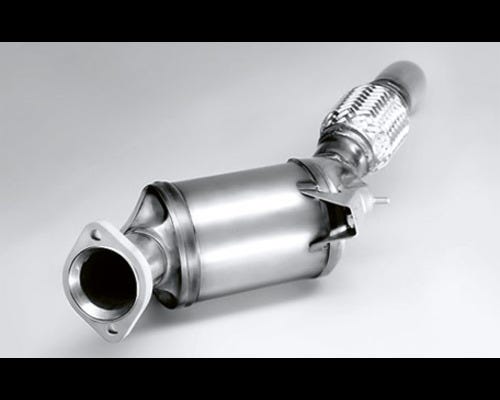DPF Cleaning vs. Removal: What’s Right for Your Car?

DPF Dilemmas: Cleaning vs. Removal — What’s Right for Your Car?
Modern diesel vehicles come equipped with a Diesel Particulate Filter (DPF) to capture harmful soot particles before they escape into the atmosphere. While crucial for clean air, DPFs can become clogged over time, leading to performance issues and costly repairs. This begs the question: When faced with a blocked DPF, should you opt for DPF cleaning or DPF removal? Let’s explore both options to help you make an informed decision for your car.
DPF Cleaning: A Viable and Eco-Friendly Solution
DPF cleaning services offer a cost-effective and environmentally friendly approach to dealing with a blocked DPF. This process involves removing the filter and using specialized techniques to remove accumulated soot particles. Here are some key benefits of DPF cleaning:
- Preserves Engine Performance: A clean DPF ensures optimal engine performance, maintaining power and fuel efficiency.
- Cost-Effective: Cleaning is significantly cheaper than replacing a DPF.
- Environmentally Friendly: By restoring the DPF’s functionality, you contribute to cleaner emissions.
DPF Cleaning Manchester: If you’re located in the UK, reputable companies like [ecutechtune.co.uk] offer DPF cleaning services specifically designed for various car models.
Considering DPF Removal: Weighing the Shortcomings
While tempting due to its perceived simplicity, DPF removal raises several concerns. Here’s why it might not be the best course of action:
- Illegal in the UK: Tampering with emission control systems like DPFs is illegal in the UK and can result in hefty fines.
- Increased Emissions: Removing the DPF significantly increases harmful emissions, contributing to air pollution.
- Potential Engine Damage: Long-term use without a DPF can lead to engine wear and tear due to unfiltered particles.
Alternatives to Consider: DPF Regeneration and Maintenance
Before resorting to cleaning or removal, consider these alternatives:
- DPF Regeneration: Most modern vehicles have a built-in DPF regeneration process that automatically burns off soot buildup at high temperatures. Taking occasional highway drives can facilitate this process.
- Preventative Maintenance: Regular servicing and using high-quality fuel can help prevent excessive DPF clogging.
The Right Choice for Your Car
The ideal solution depends on your specific situation. If your DPF is mildly blocked, DPF cleaning is a great option. However, for severely damaged DPFs or those in locations with strict emission regulations, replacement might be necessary. Consulting a trusted mechanic can help you determine the best course of action for your car, considering factors like model, severity of blockage, and local regulations.
Remember, a healthy DPF not only ensures optimal engine performance and fuel efficiency but also contributes to cleaner air for everyone. So, choose wisely and keep your car, and the environment, happy!
Comments
Post a Comment